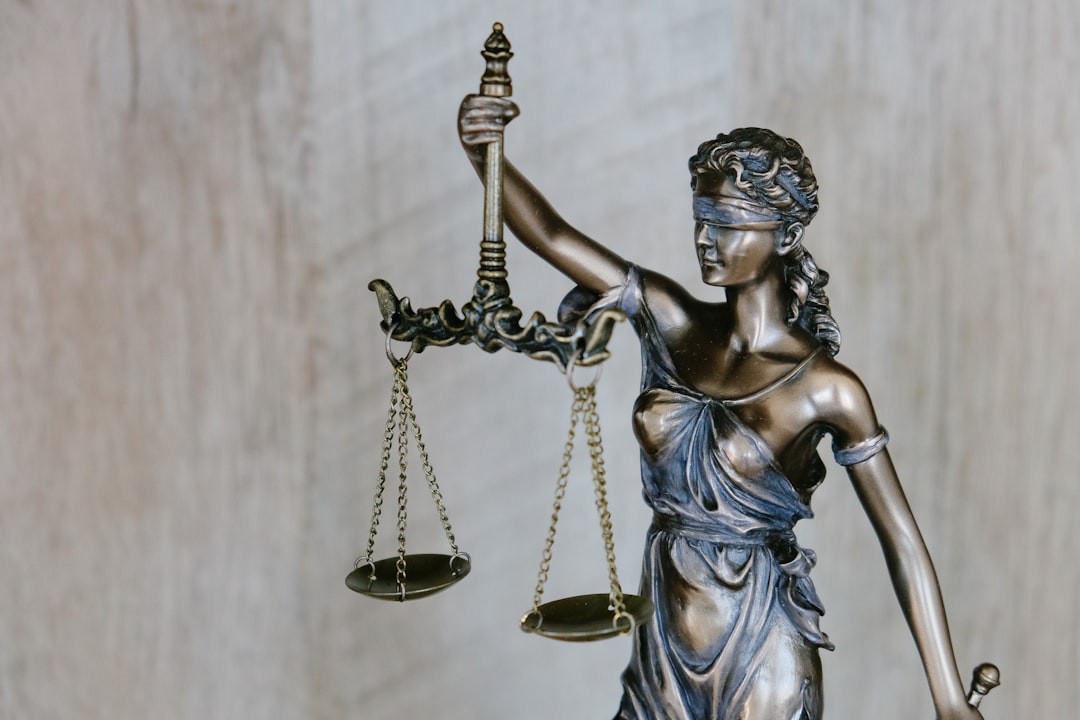In Georgia, corporal punishment in schools is strictly regulated by law. Physical discipline methods like spanking or slapping are only permitted under limited conditions and with parental consent, adhering to strict safety guidelines. Alternative disciplinary approaches are encouraged, and parents can opt-out. Child abuse lawyers and reputable law firms in Georgia actively support these regulations to protect students from harm, ensuring a safe learning environment. Reporting obligations for suspected child abuse or neglect are clear, and victims have legal options, including consultation with qualified child abuse attorneys or firms in Georgia, specializing in cases involving child sexual assault.
In Georgia, understanding the laws on corporal punishment in schools is crucial for both educators and parents. This article serves as a comprehensive guide for those seeking to navigate the legal landscape surrounding physical discipline in educational settings. We explore the definition and permissible forms of discipline, while also highlighting prohibitions and restrictions designed to protect students from potential child abuse. Furthermore, we delve into reporting obligations and legal recourse available to victims, with insights from top-rated child abuse lawyers and attorneys based in Georgia. For families facing issues related to child abuse or sexual assault, trusted child abuse law firms in Georgia offer specialized support.
Understanding Corporal Punishment Laws in Georgia Schools

In Georgia, understanding and adhering to laws regarding corporal punishment in schools is paramount for both educators and parents alike. The state has specific regulations in place to protect students from any form of excessive or unjustified physical discipline. A child abuse lawyer in Georgia or a reputable child abuse law firm can offer valuable insights into these laws, ensuring they are enforced fairly and consistently.
Corporal punishment, including actions like spanking or slapping, is only permitted under strict conditions within the educational setting. Teachers and school administrators must prioritize alternative disciplinary methods, such as positive reinforcement, time-outs, or behavioral interventions, before considering physical punishment. There are stringent guidelines on when and how corporal punishment can be administered, with a strong emphasis on safety and consent. Parents should be informed about these policies and have the right to opt-out if they choose not to allow their child to receive such discipline. Child abuse attorneys in Georgia actively advocate for these laws to protect students from potential harm, ensuring that schools maintain a safe and supportive learning environment.
Legal Definition and Permissible Forms of Discipline

In Georgia, the legal definition of corporal punishment refers to any physical act or method that inflicts pain on a student as a disciplinary measure within a school setting. This includes actions such as spanking, striking, or using objects to strike a student’s body. While schools are allowed to discipline students, there are strict guidelines they must follow to ensure the safety and well-being of children.
According to Georgia law, permissible forms of discipline should be reasonable and proportionate to the misbehavior. Schools can use methods like verbal reprimands, detention, suspension, or alternative educational placements. Any use of physical punishment, including corporal punishment by school staff, is prohibited except in specific circumstances where a student poses an immediate threat to themselves or others, and only with proper authorization from the district’s administration. Parents should be notified and involved in these exceptional cases. Child abuse lawyers in Georgia, child abuse attorneys, and law firms specializing in child protection emphasize that these laws are in place to safeguard students from any form of excessive or inappropriate discipline, including what could potentially be considered child abuse.
Prohibitions and Restrictions on Physical Punishment

In Georgia, corporal punishment in schools is a sensitive and strictly regulated topic. While traditional methods such as spanking or slapping are prohibited under state law, schools are allowed to use certain forms of physical discipline with prior parental consent. However, these methods must adhere to strict restrictions aimed at ensuring student safety and well-being. Any form of physical punishment should be a last resort and administered by trained professionals.
It’s crucial for parents and guardians in Georgia to understand their rights and the legal protections in place. If they suspect child abuse or neglect related to school discipline, they should immediately contact local authorities or consult with reputable child abuse lawyers in Georgia. Child abuse attorneys and law firms specializing in this area can provide guidance, advocate for affected students, and help ensure that schools uphold the state’s stringent child protection laws, including those regarding sexual assault cases.
Reporting Obligations and Legal Recourse for Victims

In Georgia, reporting obligations for suspected child abuse or neglect are clear and strict. Anyone who has reasonable cause to suspect that a child is being abused or neglected must immediately report it to the appropriate local agency, typically the Department of Family and Children Services (DFCS). This includes teachers, school administrators, and any other individuals who come into contact with children in educational settings. Failure to comply with these reporting requirements can result in legal consequences for individuals who neglect their duty.
Victims of corporal punishment or child abuse in Georgia schools have legal recourse. A child abuse lawyer in Georgia or a reputable child abuse law firm can help victims and their families navigate the complexities of the legal system. These professionals can guide victims through filing reports, pursuing criminal charges against perpetrators, and seeking civil remedies to hold accountable those responsible for causing harm. For cases involving child sexual assault, experienced child sexual assault lawyers in Georgia are crucial in ensuring that justice is served and that the rights of survivors are protected.





